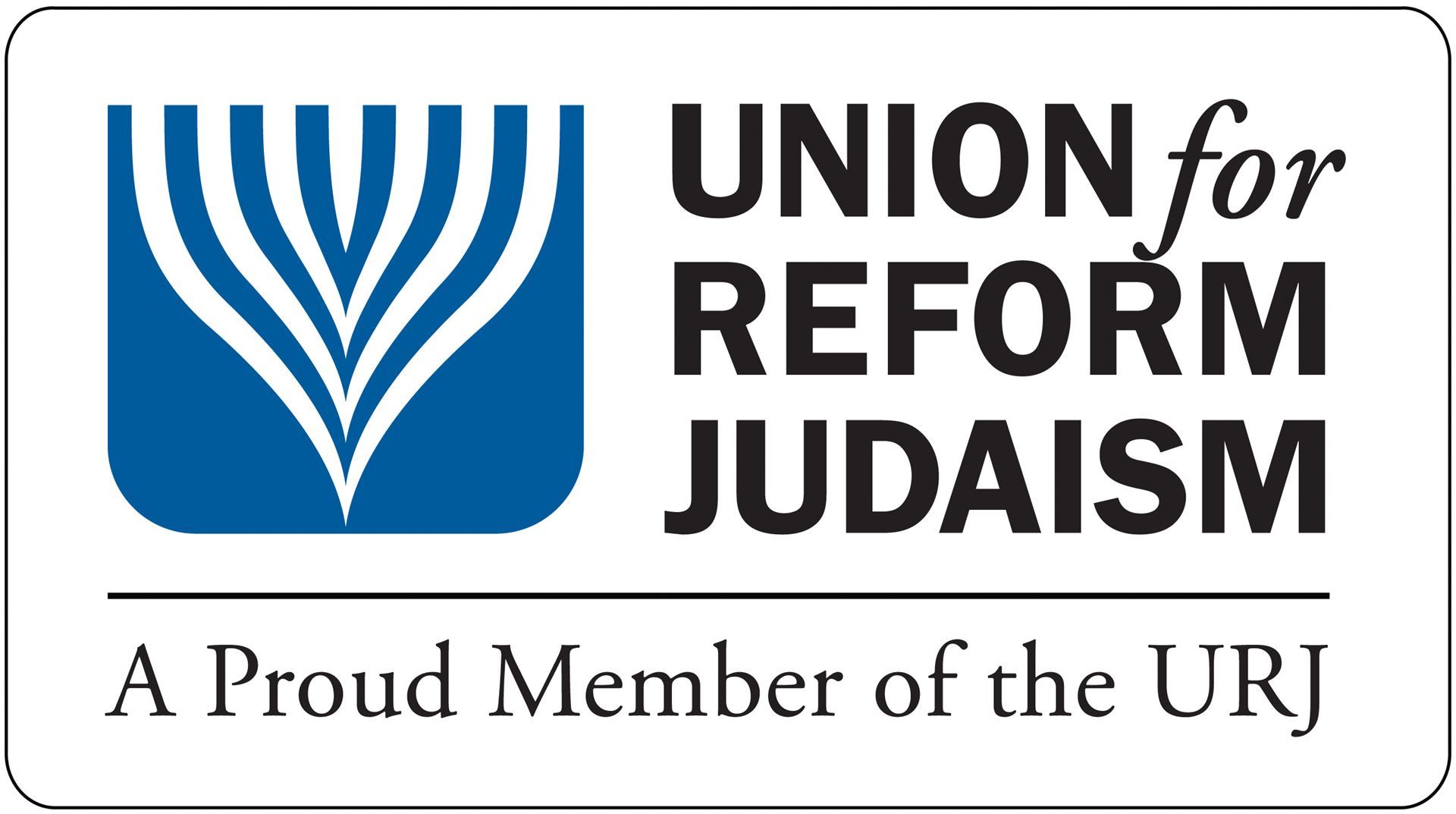May 18, 2023
Dear Friends.
I know you will be so impressed by our teens, when the 8-10th graders of our Confirmation Class lead our Shabbat Evening Service (7:30 PM).
Our students will share brief essays on hot button ethical issues that we debated in class this year.
Special thanks to the Dennis family for their musical contributions to the service.
We celebrate the bat mitzvah of Vera Alter at our Shabbat Morning Service (10:00 AM).
Mazal tov to Vera and her family!
Our religious school year concludes this Sunday, and kudos to everyone who made this such a meaningful year.
It always takes a partnership to succeed, and this includes our director, our teachers, our parents, our students, our religious education committee, our board of trustees, and our clergy- thank you!
Shabbat shalom,
Rabbi Barry L. Schwartz


